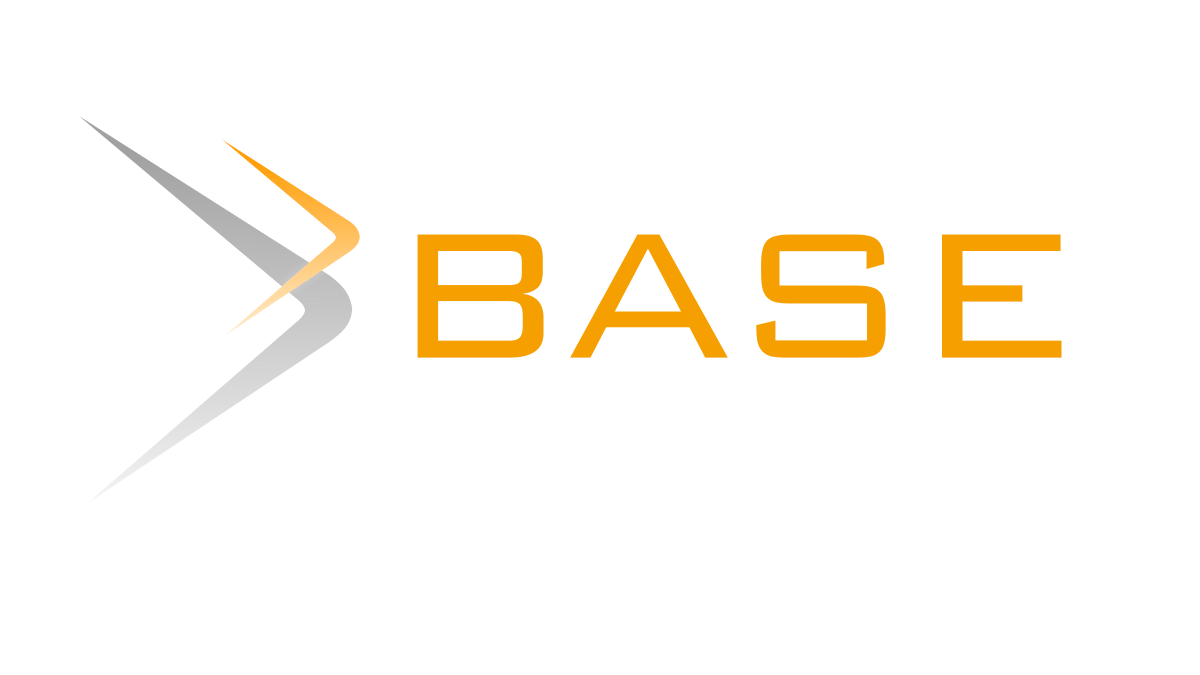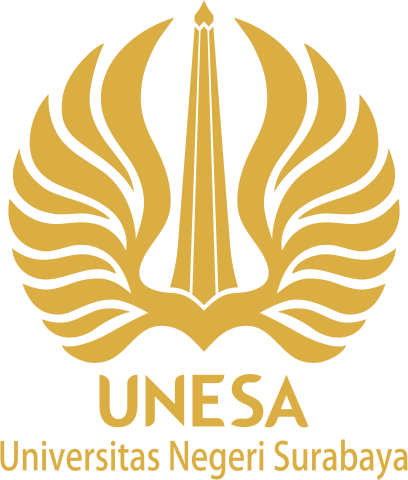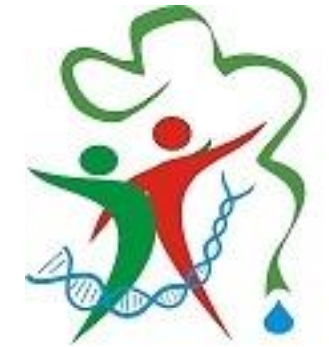dari Reguler ke Revolusioner: Literasi Sains dalam Pembelajaran Fermentasi Berbasis Pjbl-Stream
DOI:
https://doi.org/10.26740/jipb.v6n2.p1-11Keywords:
fermentation, science literacy, making tempeh and tape, PjBL-STREAMAbstract
According to the results of PISA 2022 in Indonesia, science literacy skills are currently very low. This study aims to describe the PjBL-STREAM model on fermentation material to improve students' science literacy, analyze the implementation, analyze the improvement of PjBL-STREAM and regular learning and describe students' responses to learning fermentation material with PjBL-STREAM learning and learning without STREAM. The method used in this study is Mixed methods with an embedded design research design type. The main data in this study is QUAN data regarding the improvement of students' science literacy, while the supporting data is QUAL data which is used as complementary data from quantitative research such as discussing the design of the PjBL-STREAM model, implementation and student responses. This study uses purposive sampling. The results of the study were that classes that studied using the PjBL-STREAM model experienced higher improvements than classes that studied without PjBL-STREAM with an N-gain value (0.51> 0.40). This success is also supported by the PjBL-STREAM model design which received validity from the three expert teams with a very high category, namely with a score of 0.87. The implementation in both classes produced a score of 100%. Student responses to PjBL-STREAM received higher scores than students who carried out learning without PjBL-STREAM. The success of this PjBL-STREAM learning model depends on the readiness of the teacher and the interests and motivation of the students.
References
Akay, S. A., Yildirim, S. I., & Cakir, M. S. (2023). The Impact Of STEM-Based Project-Based
Learning On Science Literacy: A Systematic Review And Meta Analysis. Journal of Educational Research and Reviews, 12(1), 1-14.
Anggraeni, I., Qonita, Q., & Mulyana, EH (2024). Buku Pegangan Pengembangan Kebutuhan
Kebijakan Permainan STEAM Berbasis Pengodean untuk Guru Anak Usia Dini. Jurnal Ilmiah Cahaya Paud , 6 (2), 108-120.
Agustina, T. W., Rustaman, N. Y., Riandi, R., & Purwianingsih, W. (2019). Membekalkan
kreativitas mahasiswa melalui strategi pembelajaran berbasis STREAM menggunakan konten Bioteknologi Tradisional. Jurnal BIOEDUIN, 9(1), 43-52.
Agustina, T. W., Rustaman, N. Y., Riandi, R., & Purwianingsih, W. (2020). Pendekatan
STREAM (Science-Technology-Religion-Engineering-Arts-Mathematics) Membekalkan Kebiasaan Berpikir Mahasiswa. Edusains, 12(2), 283-296.
Astuti, F. R., Sahara, I. R., & Gusmaneli, G. (2025). Pelaksanaan Pembelajaran Berbasis Proyek
(PjBL) dalam Pembelajaran Pendidikan Agama Islam. Jurnal Bintang Pendidikan Indonesia, 3(1), 01-15.
Banila, L., Lestari, H., & Siskandar, R. (2021). Apllication of Blended Learning with a STEM
Approach to Improve Students’ Science Literacy Ability during the Covid 19 Pandemic. Journal of Biology Learning, 3(1), 25.
Barus, R. A., Rusilowati, A., & Ridlo, S. (2024). Analisis Kebutuhan Pengembangan Instrumen
Tes Penilaian Literasi Sains Berorientasi TIMSS Siswa SD Kelas V. Jurnal Pemikiran dan Pengembangan Sekolah Dasar (JP2SD), 12(1), 68-85.
Creswell, J. W. (2019). Research Design pendekatan Kualitatif. Yogyakarta: Pustaka Pelajar.
Fahira, W.R. (2022). Persepsi siswa kelas X terhadap penerapan kurikulum belajar mandiri
dalam pembelajaran IPS di SMA 1 Bukit Sundi. Jurnal Pendidikan Sains , 9 (3), 902-909.
Fauzi, R., Anugrahana, A., & Ariyanti, P. B. Y. (2023). Penerapan model pembelajaran problem
based learning (pbl) untuk meningkatkan hasil belajar ipa tentang pemahaman sifat-sifat cahaya pada kelas iv sd negeri plaosan 1. Jurnal Pendidikan Tambusai, 7(1), 2569-2574.
Fuadi, H., Robbia, A. Z., Jamaluddin, & Jufri, A. W. (2020). (2020). Analisis Faktor Penyebab Rendahnya Kemampuan Literasi Sains Peserta Didik. Jurnal Ilmiah Profesi. 5(2), 108–116.
Irsan, I. (2021). Implemensi literasi sains dalam pembelajaran IPA di sekolah dasar. Jurnal
basicedu, 5(6), 5631-5639.
Nisa, K. (2023). Pengembangan Lembar Kerja Peserta Didik (LKPD) Berbasis Kewirausahaan Pada
Materi Asam Basa Di SMA Negeri 1 Sigli (Doctoral dissertation, UIN Ar-Raniry Banda Aceh).
OECD. (2023). PISA 2022 Result (Colume I): The State of Learning and Equity in Education. Paris:
OECD Publishing.
Ramírez de Dampierre, M., Gaya-López, M. C., & Lara-Bercial, P. J. (2024). Evaluation of the
Implementation of Project-Based-Learning in Engineering Programs: A Review of the Literature. Education Sciences, 14(10), 1107.
Rohmah, U. N., Ansori, Y. Z., & Nahdi, D. S. (2019). Pendekatan Pembelajaran STEM dalam
Meningkatkan Kemampuan Literasi Sains Siswa Sekolah Dasar. 471–478.
Saadah, K. (2020). Peran model brain-based learning pada pembelajaran sistem saraf dalam
meningkatan literasi sains siswa. Phenomenon: Jurnal Pendidikan MIPA, 9(2), 132-149.
Sakti, I., & Swistoro, E. (2021). Penerapan Model Project Based Learning Untuk Meningkatkan
Literasi Sains Mahasiswa Pendidikan Ipa. Jurnal Kumparan Fisika. https://ejournal.unib.ac.id/index.php/kumparan_fisika/article/view/14543
Sanjiartha, I. G. D., Suwindia, I. G., & Winangun, I. M. A. (2024). Peran literasi sains dalam
membentuk generasi berfikir kritis dan inovatif: kajian literature review. Education and Social Sciences Review, 5(2), 120-128.
Suparya, I. K., I Wayan Suastra, & Putu Arnyana, I. B. (2022). Rendahnya Literasi Sains: Faktor
Penyebab Dan Alternatif Solusinya. Jurnal Ilmiah Pendidikan Citra Bakti, 9(1), 153–166.
Tanjung, M. R., Asrizal, A., & Usmeldi, U. (2022). Pengaruh Pembelajaran IPA Berbasis STEM
Terhadap Literasi Sains dan Hasil Belajar Peserta Didik: Suatu Meta Analisis. Jurnal Penelitian Pembelajaran Fisika, 8(1), 62.
Yusmar, F., & Fadilah, R. E. (2023). Analisis rendahnya literasi sains peserta didik indonesia:
Hasil PISA dan faktor penyebab. LENSA (Lentera Sains): Jurnal Pendidikan IPA, 13(1), 11-19.
Downloads
Published
Issue
Section
 Abstract views: 160
,
Abstract views: 160
, PDF Downloads: 270
PDF Downloads: 270








